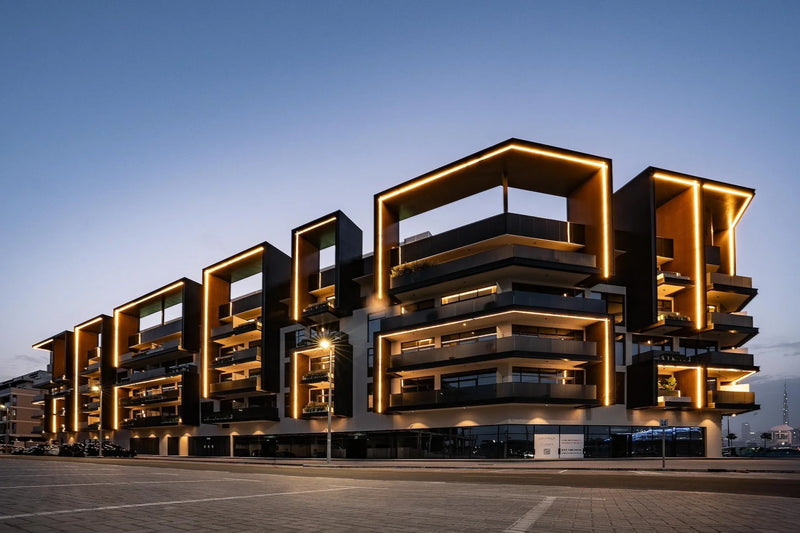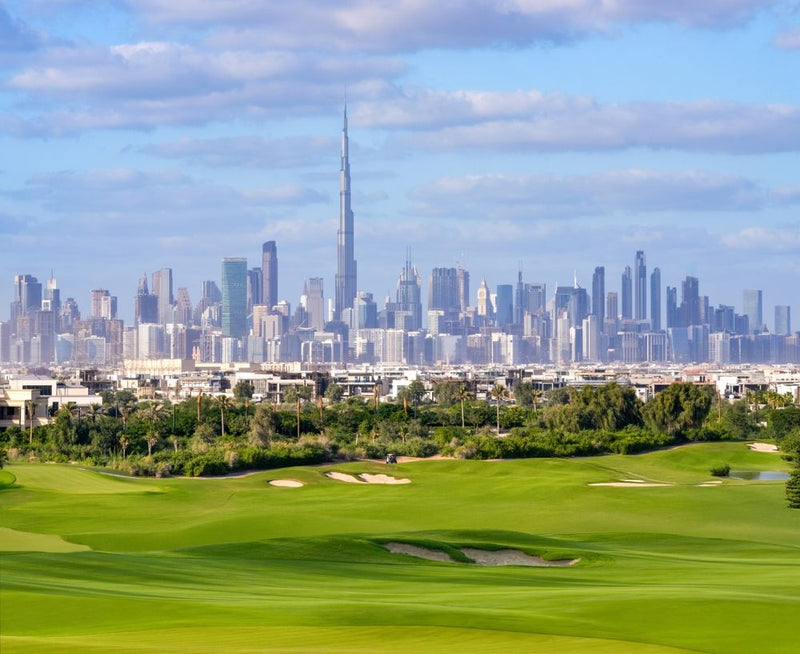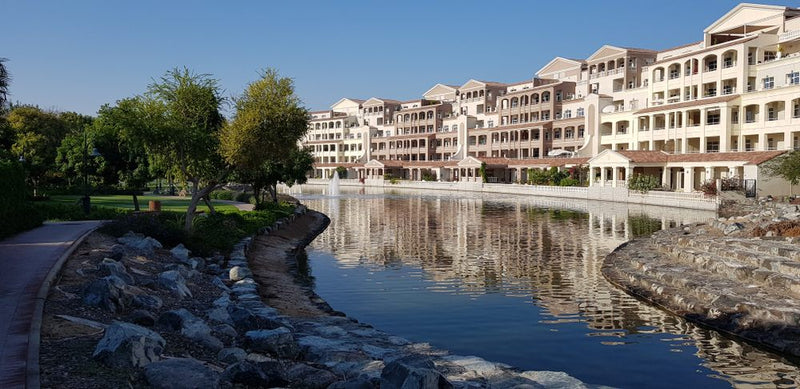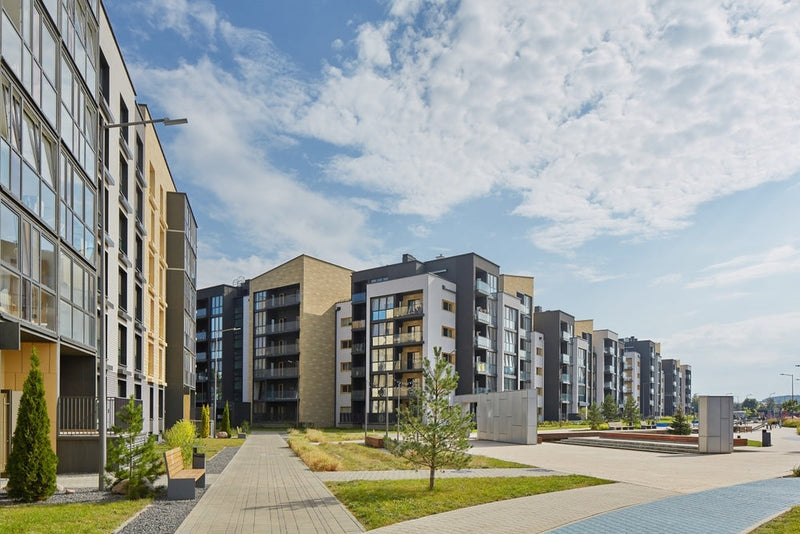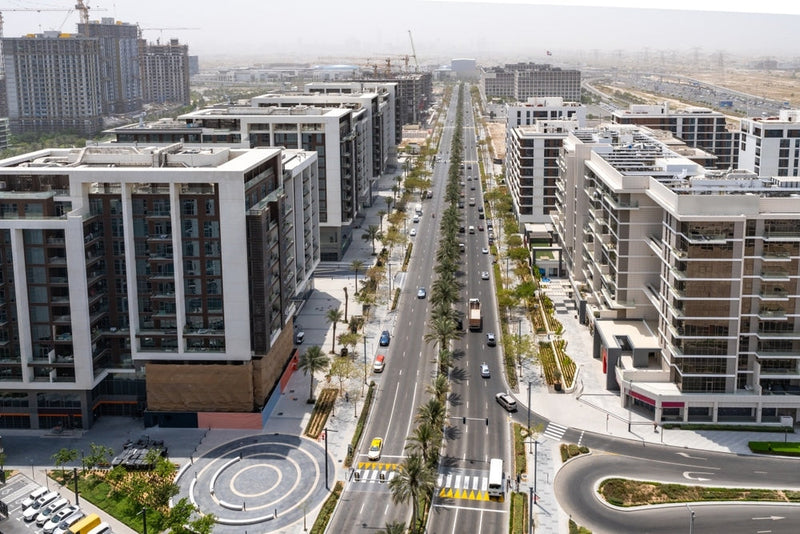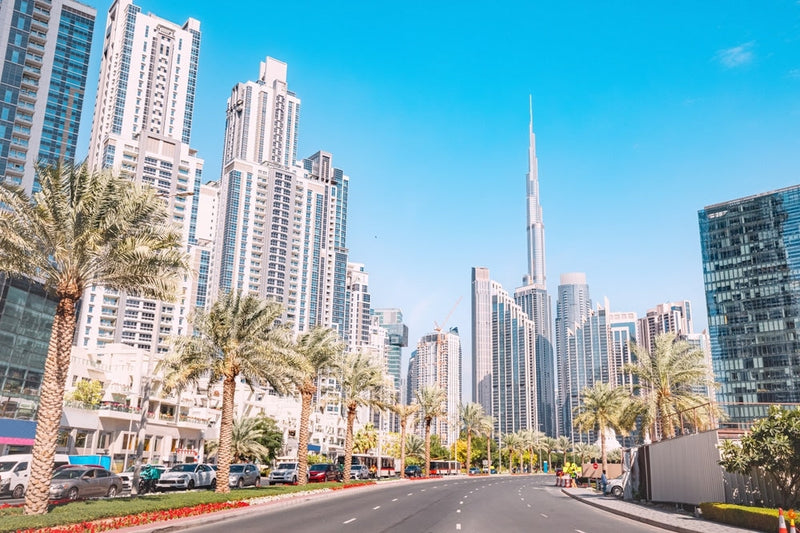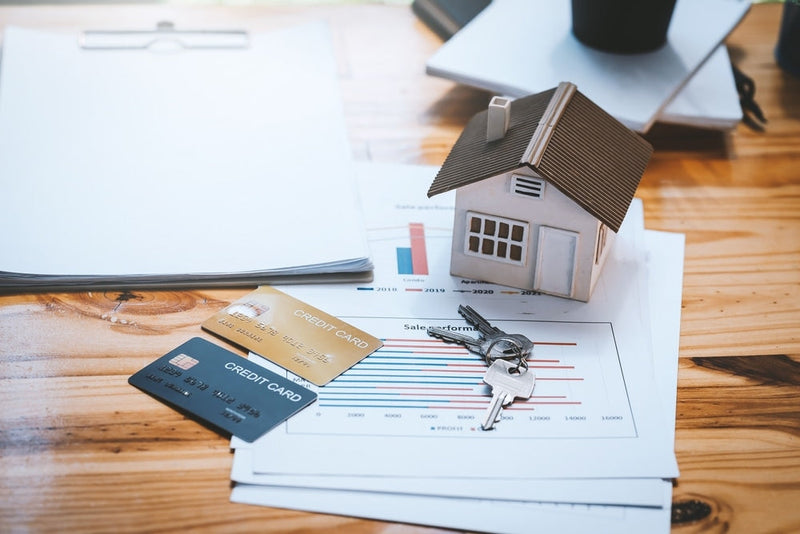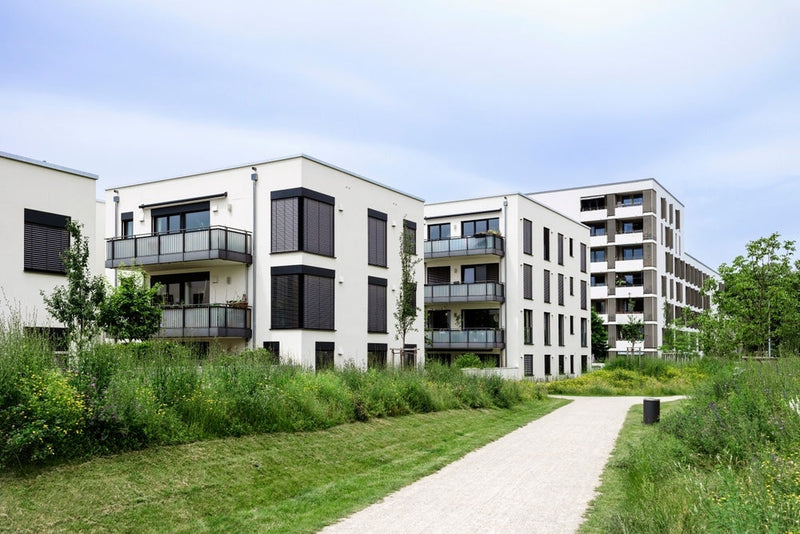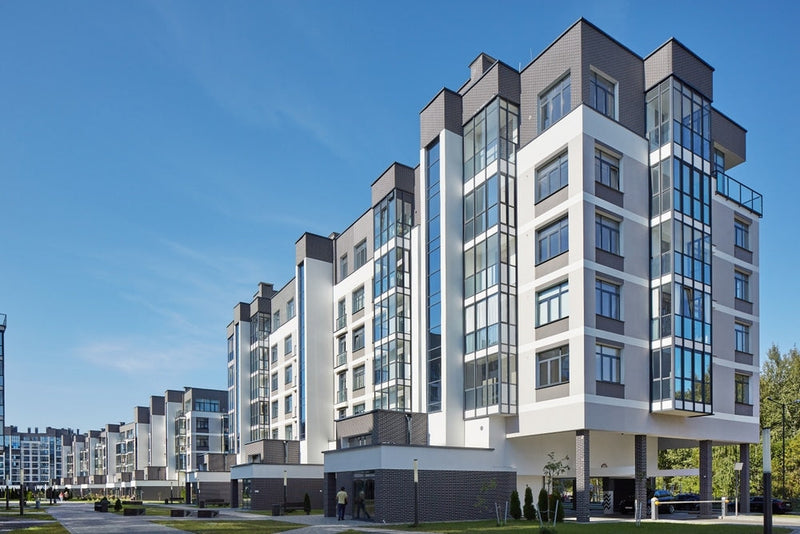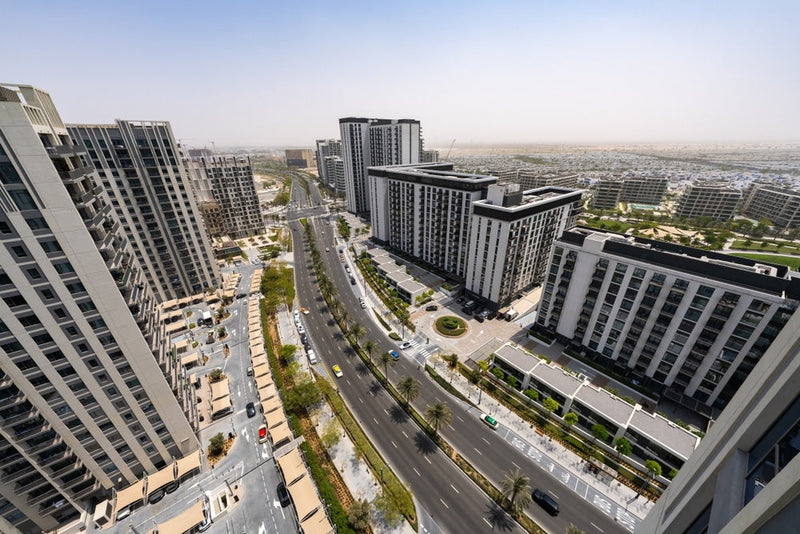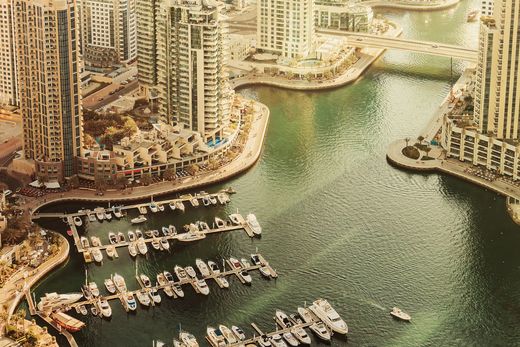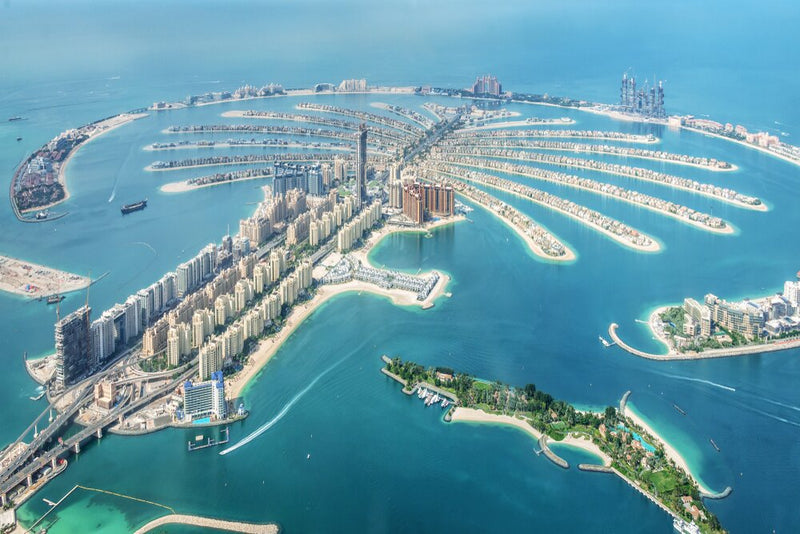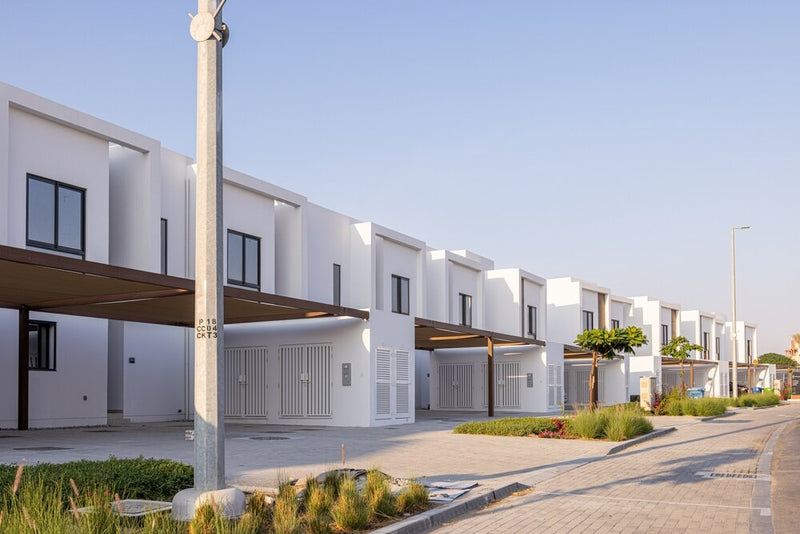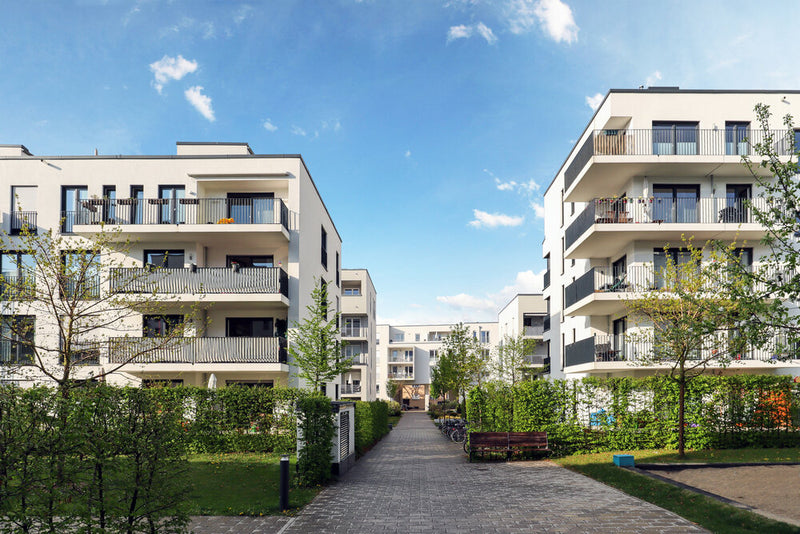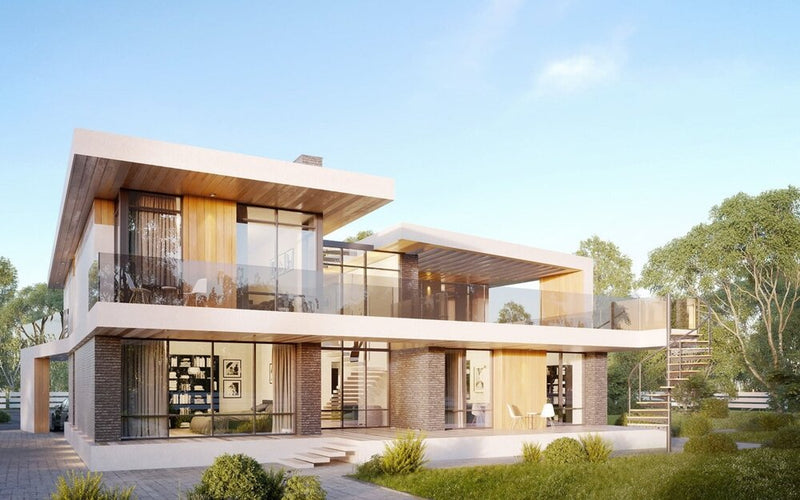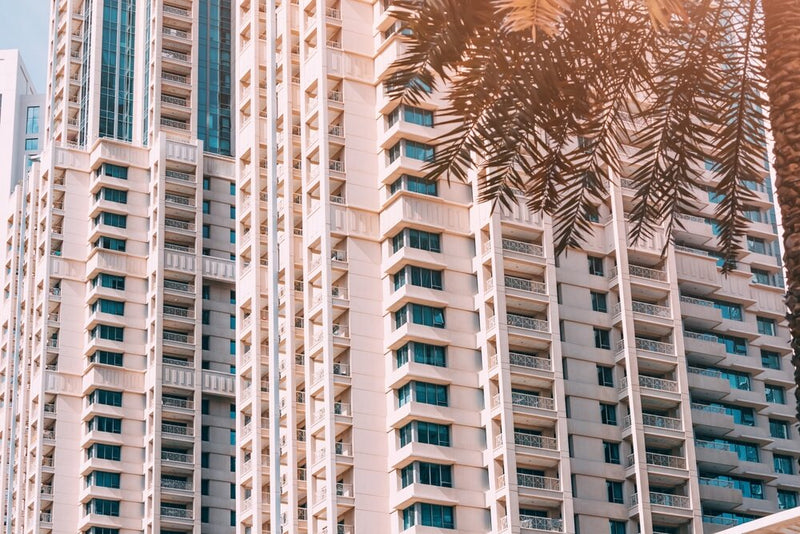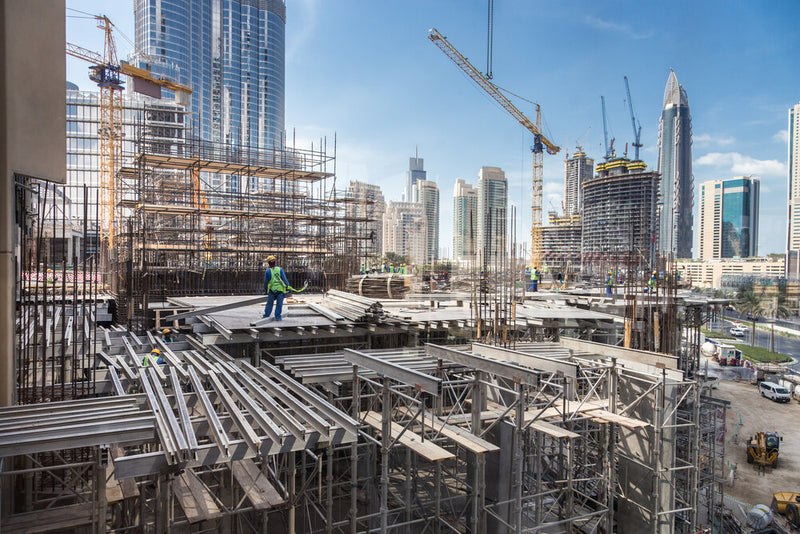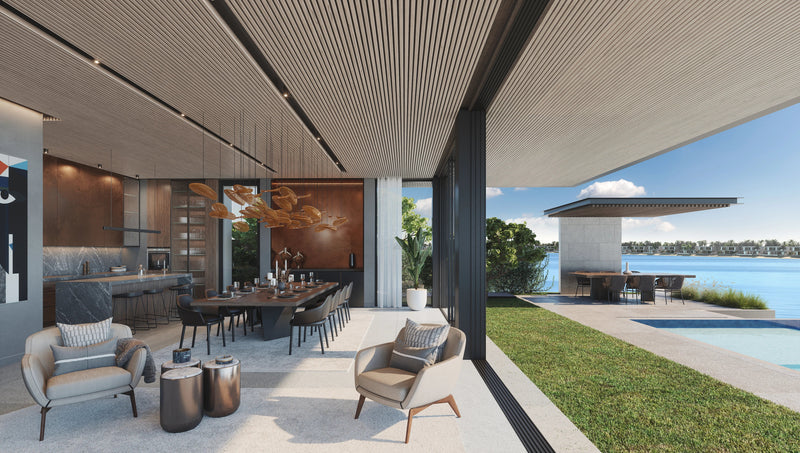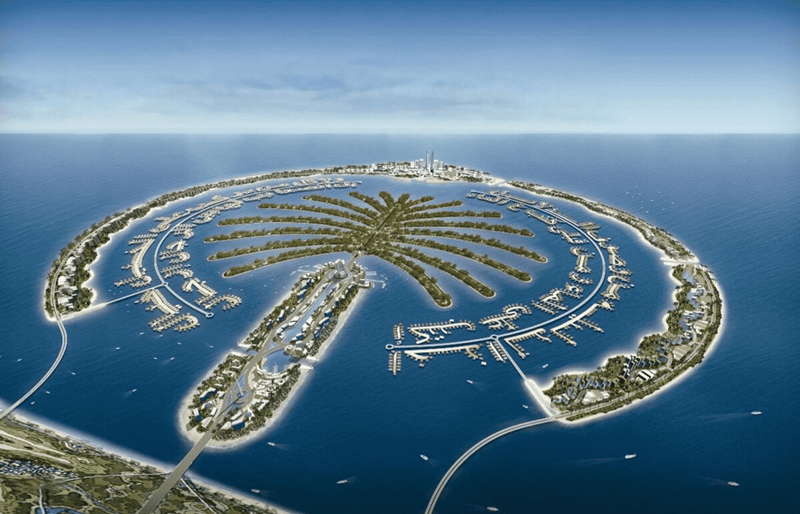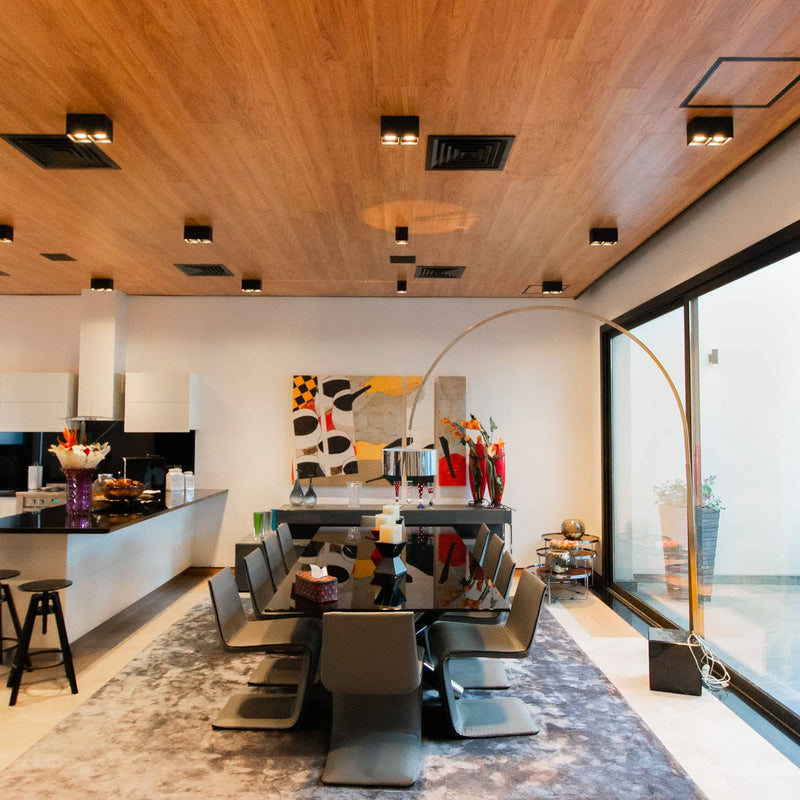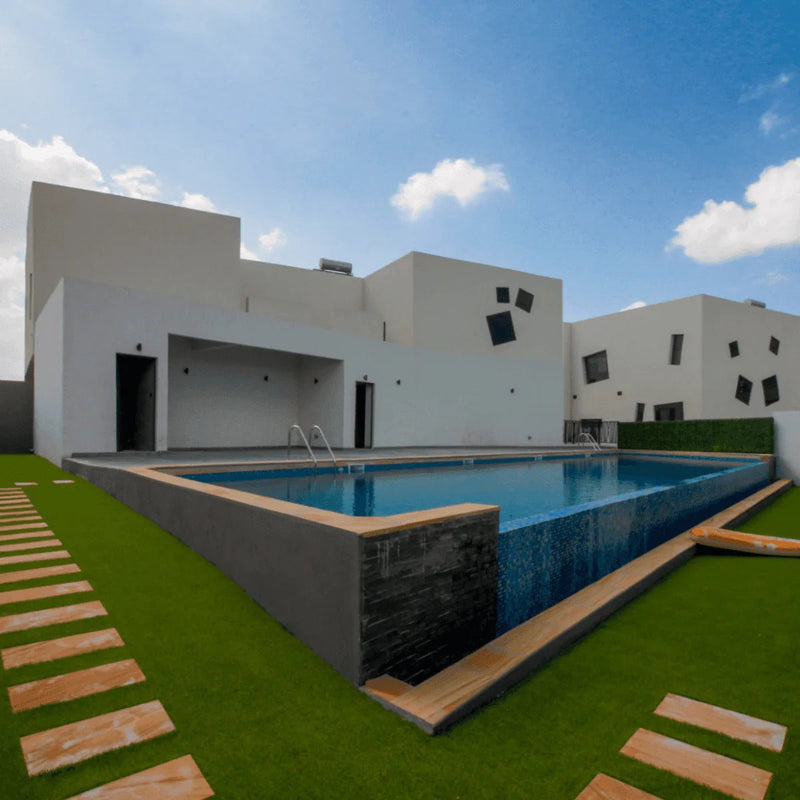Dubai's real estate market has recently become a top investment destination. Due to large-scale infrastructure projects and a business-friendly climate, Dubai property prices have continuously climbed, enticing foreign investors.
Real estate offers high returns because residential and commercial demand exceeds supply. This guide explores the top strategies for foreign buyers to profit from Dubai's booming sector. It examines popular property types, financing options, and ongoing urban projects that ensure robust and reliable income.
The analysis offers valuable guidance for international investors seeking exposure to Dubai's dynamic, fast-growing economy through real estate.
Dubai Real Estate Investment Strategies: Short-Term vs. Long-Term
Here are some Short-Term Dubai Real Estate Investment and Long-Term Dubai Real Estate Investment Strategies you need to know:
Short-Term Dubai Real Estate Investment Strategies:
Here are some Short-Term Dubai Real Estate Investment Strategies you need to know:
-
Flipping Properties for Quick Gains
Some investors pursue short-term 'flipping' by purchasing undervalued fixer-uppers or newly released off-plan units pre-construction.
Upon completion, they immediately resell to capitalize on market appreciation. This strategy requires keen timing talent and the ability to forecast future valuation increases correctly.
Upfront budgets require allocating funds for purchase, renovation if needed, and realtor commissions on resale. However, with diligent research, 20-30% annual capital gains can be realized within months through fiscally prudent house flipping.
-
Short-Term Rentals and Airbnb
A popular short-term play involves renting residential units on platforms like Airbnb. Centrally located apartments near attractions see steady visitor occupancy.
Management includes furnishing, cleaning, and booking the property. Monthly rental income benefits from Dubai's ongoing Expo and tourism growth.
Real estate development companies may surpass conventional long-lease contracts. However, regulations are tightening, so ensuring legality is crucial to avoid fines. Selecting a prime location and competitive pricing also drives bookings.
-
Participating in Pre-Launch Projects
Some investors gain from pre-purchasing units that are pre-launched at low introductory prices. This allows for the benefit of the initial cheap price before installment plans start and as branding and marketing raise awareness.
Funds are tied up until completion, usually 2-4 years. However, the strategy allows for securing a property position early in an upcoming development in an emerging area, benefitting from planned infrastructure and facilities.
Appreciation potential is high if the project gains quick popularity post-handover.
-
Focus on High-Demand Areas
Areas experiencing tourism and visitor booms see steady occupancy for short-term rentals. Neighborhoods like Downtown Dubai, Marina, and Jumeirah attract wealthy international travelers year-round.
Properties within walking distance of beaches, malls, and attractions command higher nightly rates. Selecting developments offering hotel-style amenities and furnishings appeals to discerning guests.
Turnovers remain swift, sustaining solid monthly cash flows. As demand shifts between the emirate's vibrant locales, relocations are easily facilitated.

Long-Term Dubai Real Estate Investment Strategies:
Here are some Long-Term Dubai Real Estate Investment Strategies you need to know:
-
Buy-and-Hold Strategy
A conservative but proven approach involves identifying locations with long-term growth potential and purchasing properties to retain indefinitely.
Generating income through lease agreements provides stability. Capital gains are earned over many years as the area matures. This low-risk strategy demands diligently selecting blue-chip areas like Downtown Dubai near business hubs and tourist attractions that are guaranteed to retain value.
Rental demand ensures appreciation outweighs inflation. Proper maintenance sustains quality and maximizes returns.
-
Steady Rental Income
Investors target properties specifically as long-term investments for rental streaming.
Proper due diligence verifies locations within high-occupancy freehold areas, drawing steady demand from professionals and families. Competitive rental rates assure swift tenant acquisition through an established real estate agency in Dubai with solid landlord portfolio services.
Consistent monthly cash flow and capital gains over a decade or more provide a reliable income source. Funds recoup initial costs within 5-7 years.
-
Focus on Emerging Areas
Far-sighted buyers examine government plans to identify and invest early in developing neighborhoods on the cusp of transformation through infrastructure projects.
The Growth Corridors in Dubai South are one example of a suburban hotspot poised to thrive. Demand ramps up as living standards rise alongside the arrival of schools, malls, and transport links.
Capitalizing prior to maturation results in high returns, as experienced over a decade in areas like Jumeirah Lakes Towers, which boomed post-investment. Patience is rewarded.
-
Portfolio Diversification
Savvy investors mitigate risk by diversifying real estate holdings across various districts, segments, and price points.
A balanced portfolio split between residential, retail, and office towers complemented by properties under development hedges against unexpected fluctuations that may impact single locations or sectors.
Blue chips alongside emerging neighborhoods stabilize cash flow. Both freehold apartments and land plots diversify asset classes. This prudent strategy provides stability for long-haul property investing.
Frequently Asked Questions
What type of properties typically see the highest returns?
Investments in affordable yet centrally-located apartments or commercial units along developing metro lines perform strongly.
How can buyers finance their purchases?
Local banks offer mortgages and payment plans, with interest rates often lower than in international markets. Cash purchases also remain an option.
How liquid is the property market?
Dubai's real estate market remains reasonably liquid, allowing investors to resell properties in 6-12 months through reputable brokers if they wish to exit within a few years.
What financing options are available?
Foreign investors can secure competitive mortgage plans from local banks for up to 75% of a property purchase price at low interest rates, boosting rental yields from leveraged investments.
Conclusion
Dubai's property market presents many opportunities for foreign investors to diversify their portfolios and participate in the emirate's continued ascent. While thorough due diligence remains essential, strategic investing allied with reliable local expertise and knowledge of current market dynamics can help overseas buyers achieve their goals.
Furthermore, the Dubai government's unwavering support through initiatives stimulating construction and business activity bodes well for sustained real estate demand.
For those able to adopt a long-term outlook, the emirate provides a relatively secure destination to generate yields through rentals or capital appreciation. Ongoing urban expansion also yields new prospects on the real estate horizon.







